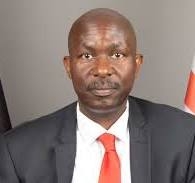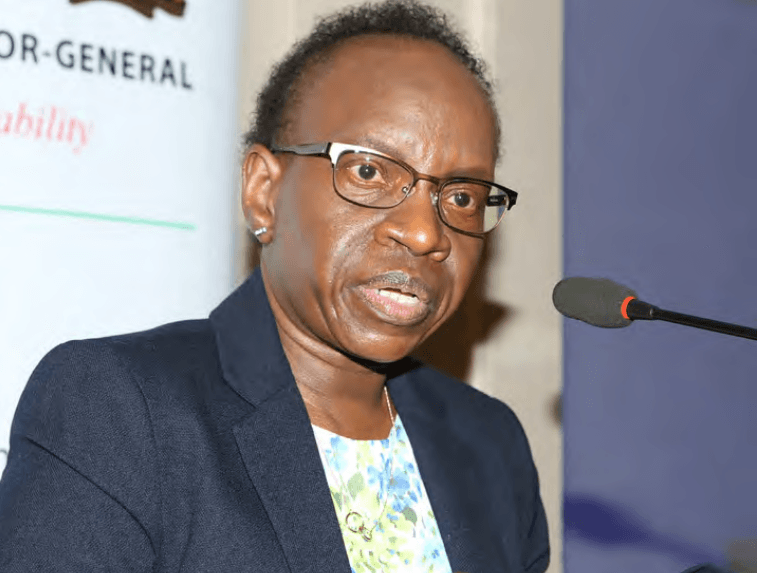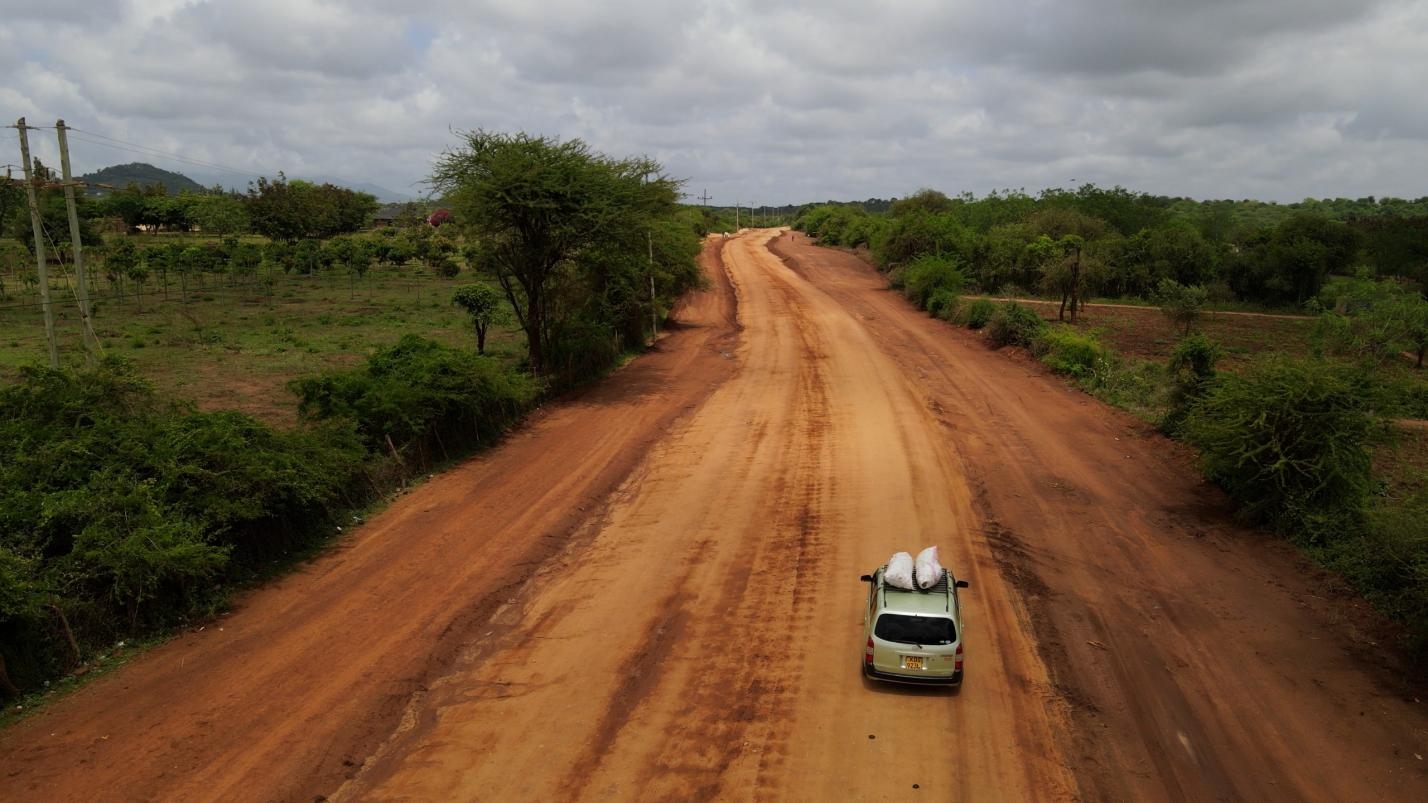Government bureaucracies are stifling the growth of public innovation parks, hindering their potential to drive technological advancements and economic growth.
Konza Technopolis CEO Paul Okwiri says that issues such as late disbursement of project funds have led to slow progress in transforming the science parks.
This has forced some companies to withdraw and channel their investments elsewhere as many startups cannot afford to wait for extended periods.
Public innovation parks often rely on government support for subsidies and grants, but bureaucratic inefficiencies result in funds being disbursed late or not at all.
“Most of the science parks are initiated by the governments, but you find that public parks like Konza, we undergo certain challenges related with being in the public sector. Whereas there are parks in private sector that could be in an easy position to turn around startups quickly because of quick decision making,” said Okwiri.
He said that entrepreneurs seeking to establish businesses within these parks face lengthy delays, from government protocols, time which investors do not have
For Instance, East African Affordable Devices, a partnership of Safaricom and Jamii Telekom that was to manufacturer affordable devices for the regional market, was forced to set up in Athi River after initial infrastructure at Konza delayed.
A second undisclosed company that manufacturers fibre optics was also forced to reinvest in Athi River after failing to secure the necessary infrastructure in Konza.
Another school was also forced to seek alternative area of investments because there was no population.
However, Okwiri is confident that with the completion of phase one of the projects will see investors return.
“We’ve realised most of these investors don’t want to invest in brick and motor, they want to come to an established place with go downs and buildings and that’s what we are doing with our current investors,” said the CEO.
Industry players at the International Association of Science Parks and Areas of Innovation conference in Nairobi said eliminating bureaucratic processes and adopting a more business-friendly approach would unlock the potential of innovation parks.
“Startup ecosystem is an elaborate process and in Kenya you find out that we’ve not had the ingredients rights because to incubate an idea and have a startup is a process.”
He said that in Kenya there is a rush, with an entrepreneur moving from idea to startup then it does not take off.
Okwiri said there is need to incubate to ensure that by the time a project is set up as a startup it is well thought through in governance, ideas and funding.
He said that as a country Kenya should be able to provide startups with an environment that can see them move from one step to the next and even commercialise.
Speaking to The Star on the sidelines of the Conference, the chief executive said that governments need to embrace reforms that facilitate quick decision-making and reduce administrative hurdles.

















